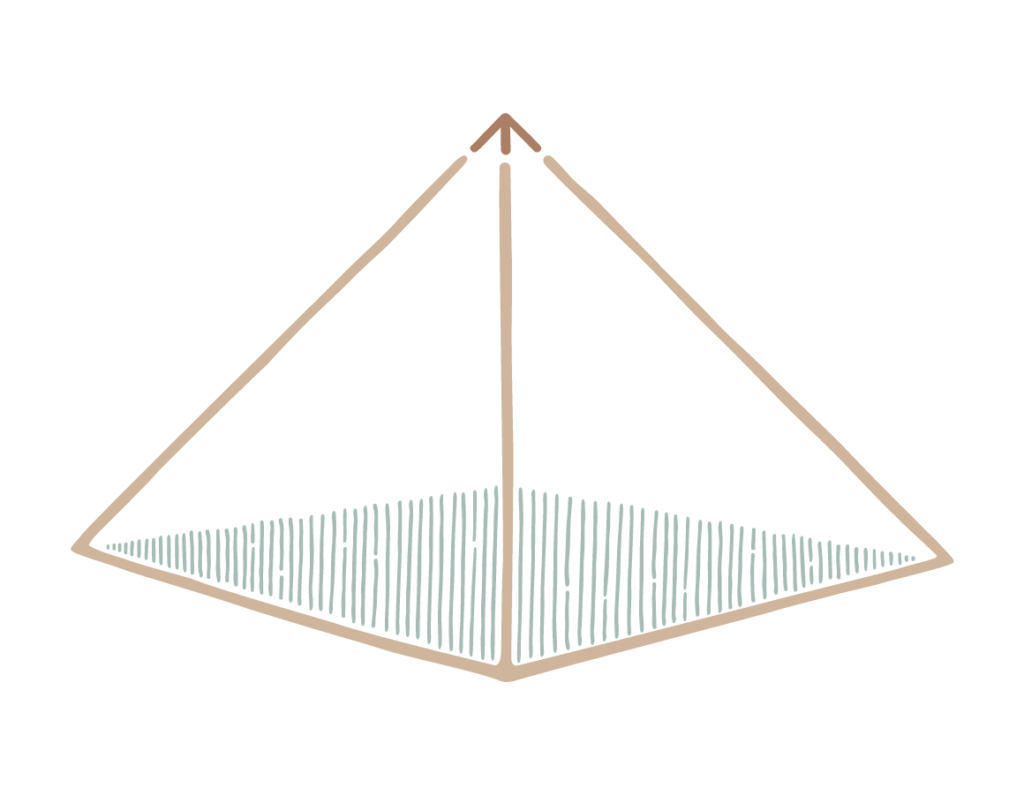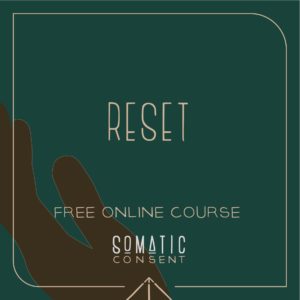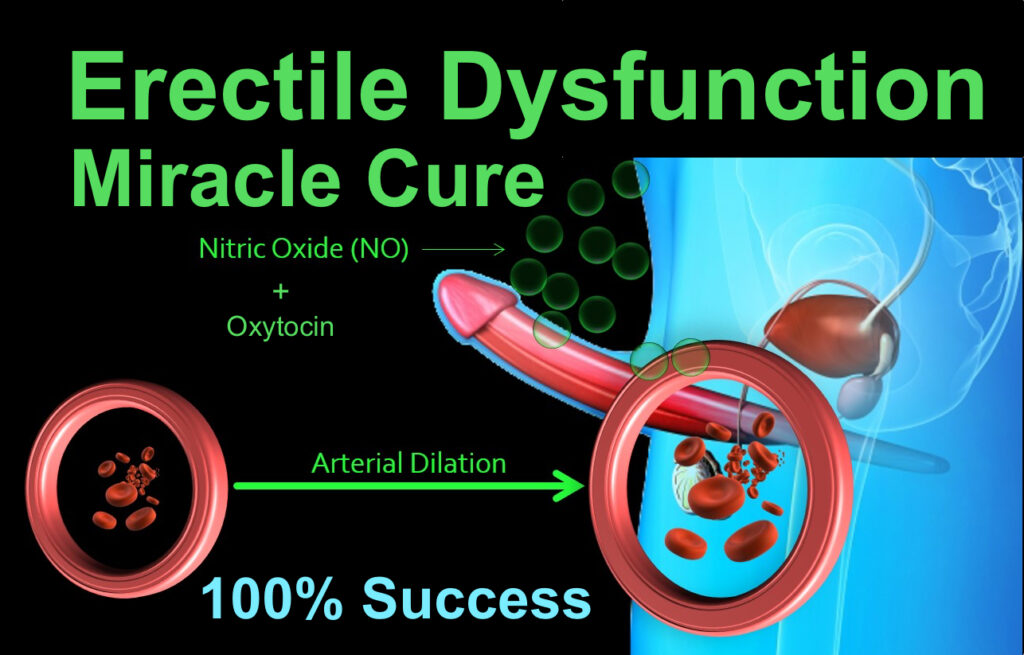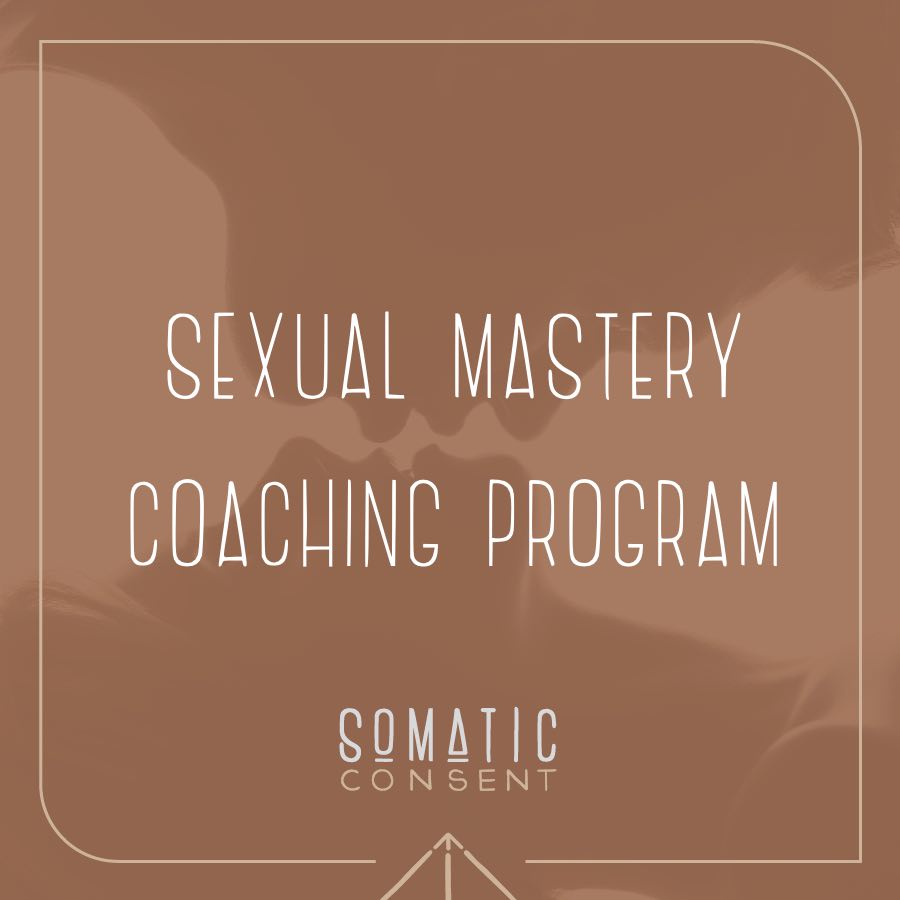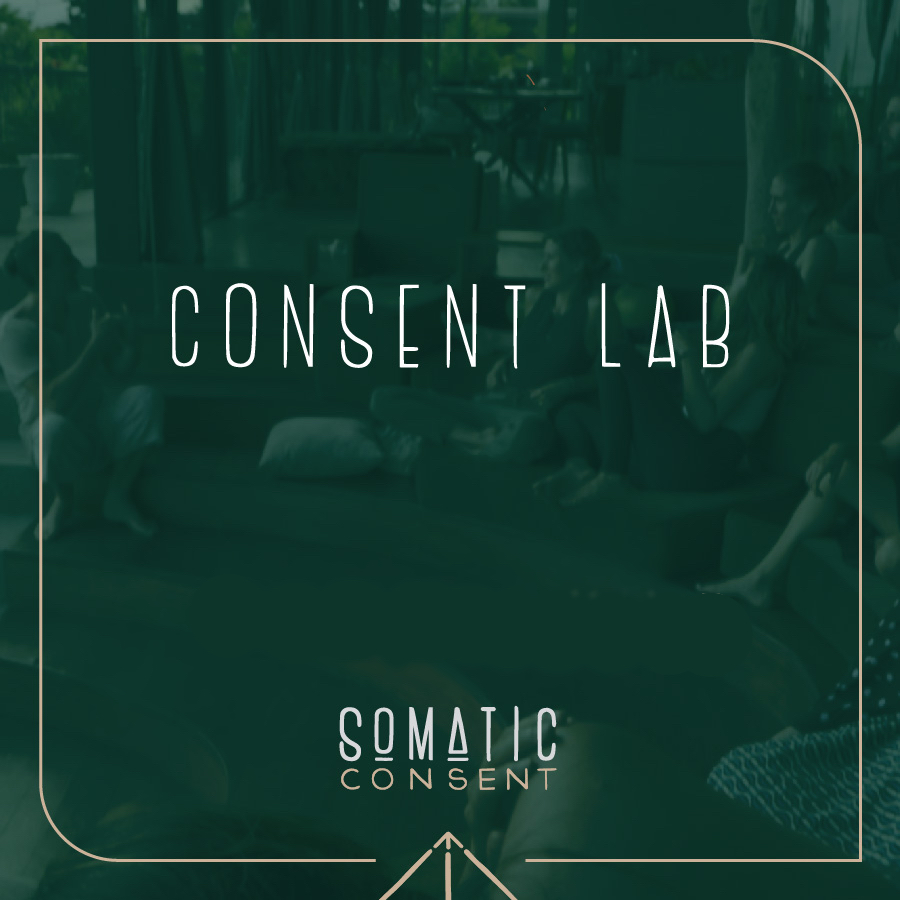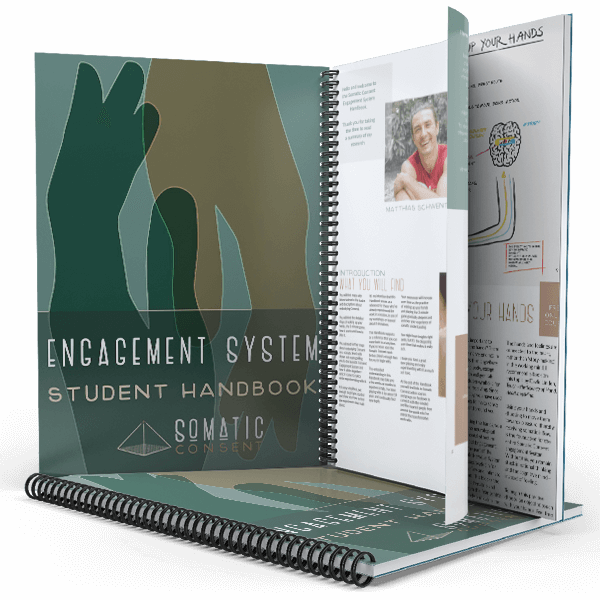In the ever-evolving discourse on consent, it’s crucial to recognize the nuances and complexities that surround this topic. The concept of consent, especially in intimate and personal interactions, is far from being a black-and-white issue. It’s a dynamic, sensitive, and deeply personal matter that cannot be confined within rigid, ideological boundaries.
I have In recent consent discussions a highlighted tendency observed to weaponize consent, using it as a tool for power dynamics or as a manifestation of a victim mentality. This approach can lead to a rigid, hierarchical structure that merely replaces one form of oppression with another. It’s essential to understand that consent is not about power play or ideological dominance. It’s about mutual respect, understanding, and the freedom to make choices without coercion or manipulation.
In the realm of somatic consent, we stand apart from any form of ideological identification, including the fields traditionally associated with it, the Wheel of Consent or Tantra. Somatic consent is about being present in the moment, understanding and respecting our own boundaries and those of others. It’s about creating a space where individuals can explore their autonomy and agency in a safe, respectful, and nurturing environment.
This approach is inherently political and gender-neutral. It does not take sides or positions. Instead, it focuses on the individual’s experience and their personal journey towards understanding and expressing their boundaries and desires. Somatic consent is about empowering individuals to make choices that are right for them, free from external pressures or expectations.
As we navigate these complex waters, let’s remember the core of what consent is – a mutual, respectful agreement that honors the autonomy and dignity of every individual involved. Let’s move away from using consent as a tool for ideological battles and instead focus on its true essence: the celebration of personal choice and respect for individual boundaries.
Somatic consent is a journey of self-discovery and mutual respect. It’s a path that leads away from the victim-oppressor dynamic and towards a more empathetic, understanding, and genuinely liberated way of interacting with one another. It’s an interpersonal path of spiritual developmental evolving towards the space of genuine love and care for self, others and the world we live in.
